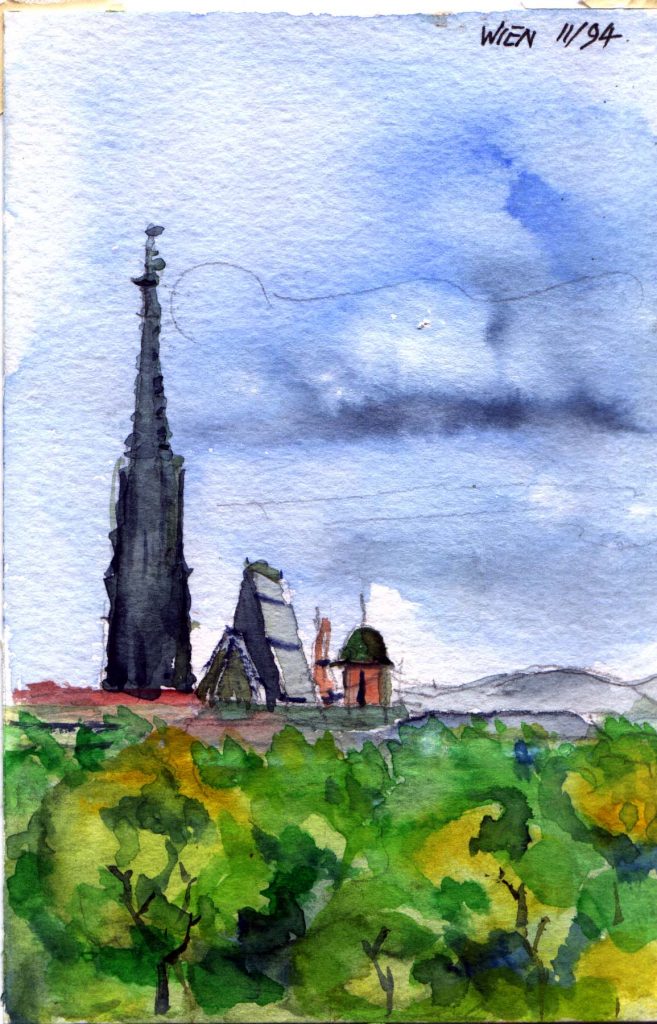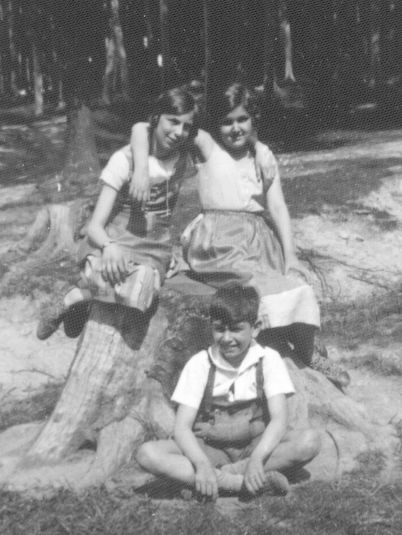Module 2: Gender and Sexuality
1.3 Case Study: Gender and Emigration

Introduction
In this case study, we focus on the testimonies of Josef Eisinger and his sister Lesley Wyle to explore their emigration and refugee experiences. Examining Josef’s and Lesley’s testimonies side by side will allow us to consider the ways in which their experiences were shaped by their respective genders. As you go through the different elements of this case study on gender and emigration, take time to reflect on the relevance of using a gendered approach to study the flight of the Jewish population during the Holocaust. When reflecting on Josef’s and Lesley’s testimonies, what can a gendered approach reveal to us that other approaches cannot? To help, pay close attention to the different elements that played a role in framing their emigration and work options.

Outline
This case study is divided in four parts, the first being the Introduction.
The second part of this case study focuses on the historical context in which Josef and Lesley’s parents made the heart-wrenching decision to send their children to England. After viewing Marie-Catherine Allard’s lecture on their emigration and refugee experiences, look at Josef and Lesley’s nursery bookshelf to learn more about their childhood in Vienna. End this section by listening to Josef’s account of his life before and after the Anschluß and by reading a letter by Lesley, written in March 1938, to her cousin.
The third part begins with Dr. Jennifer Craig-Norton’s guest lecture on the immigration of Kindertransportees and Jewish refugee domestics. Following this, please watch the trailer for Truus’ Children, a documentary that honours the woman who stood up to Adolf Eichmann in order to help children, like Josef, leave for England on one of the Austrian Kindertransports. After watching the trailer, listen to Josef as he shares his unusual journey on the Kindertransport. End this segment by reading a translation of Josef’s diary entry (dated 1939).
The fourth and final part of this case study is devoted to Josef and Lesley’s time as refugees in England. Begin by watching Josef’s oral history to learn about his experience as a sixteen-year-old boy living on the coast of England. Continue by watching Dr. Paula Draper’s guest lecture on Canada’s accidental immigrants, including Josef. End this submodule by reading two pieces, one about Lesley’s correspondence with her future employer and the other being an excerpt from Martin Auger’s Prisoners of the Home Front: German POWs and “Enemy Aliens” in Southern Quebec, 1940-46.

